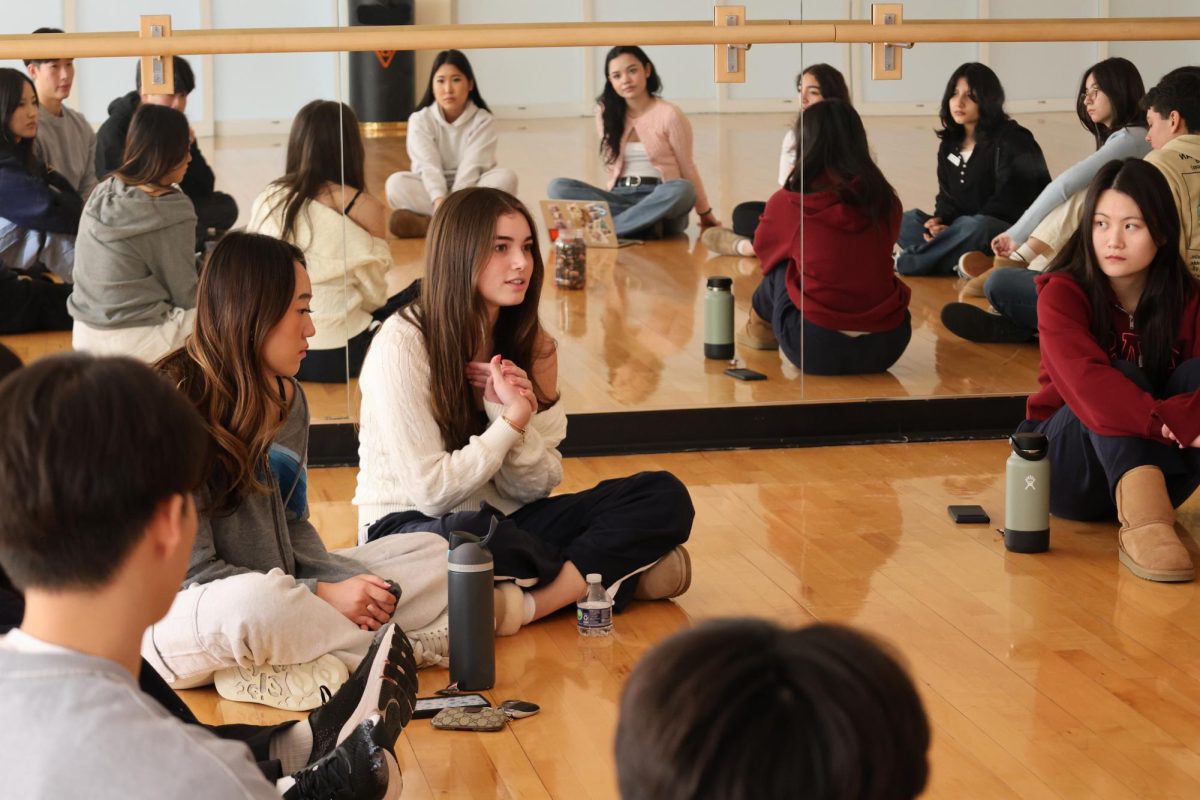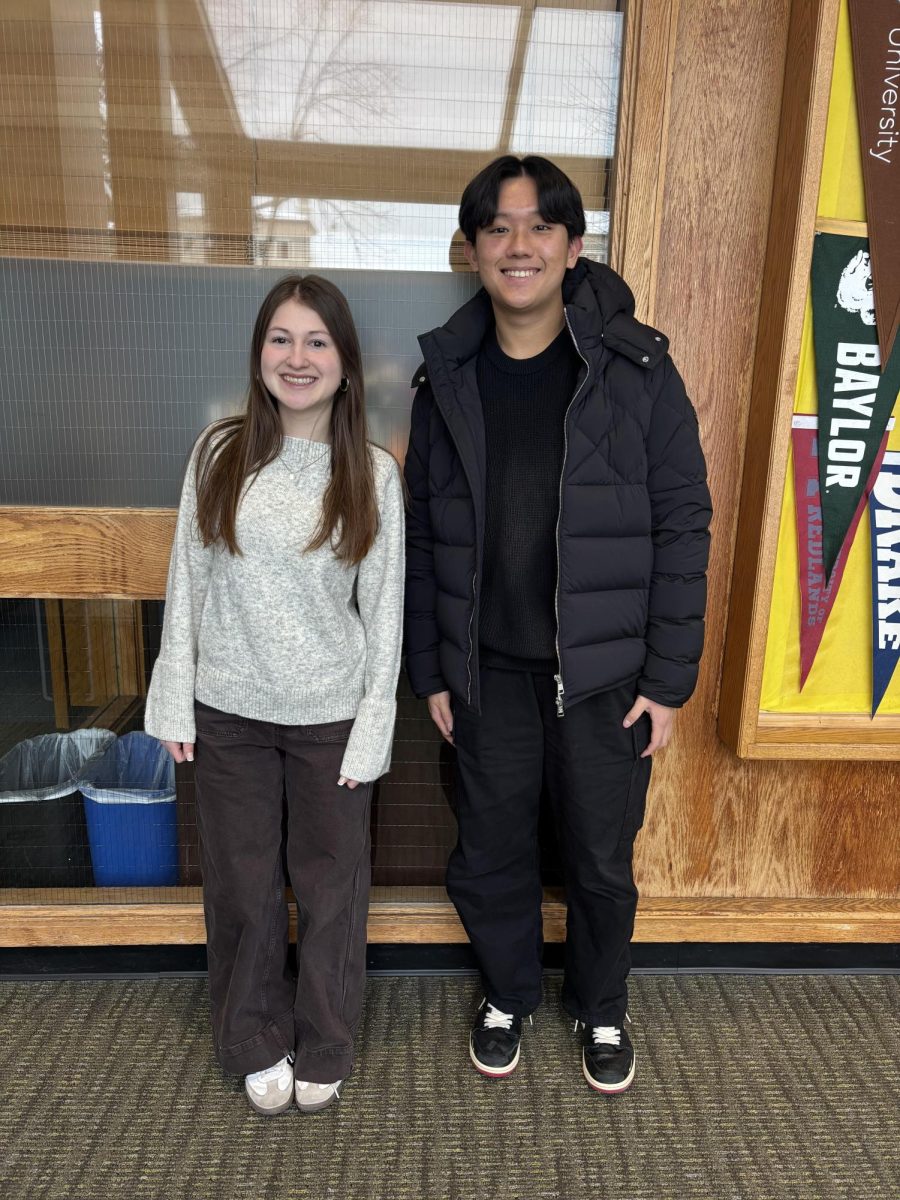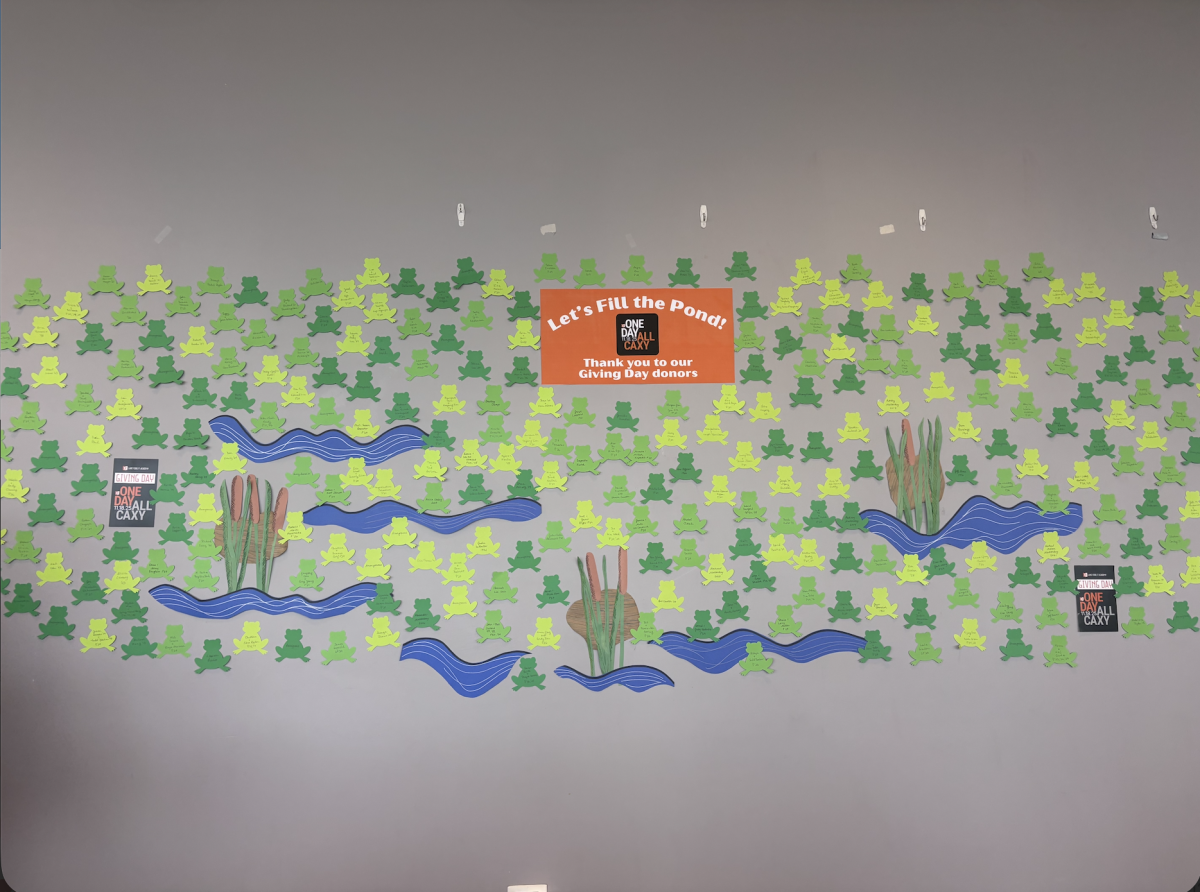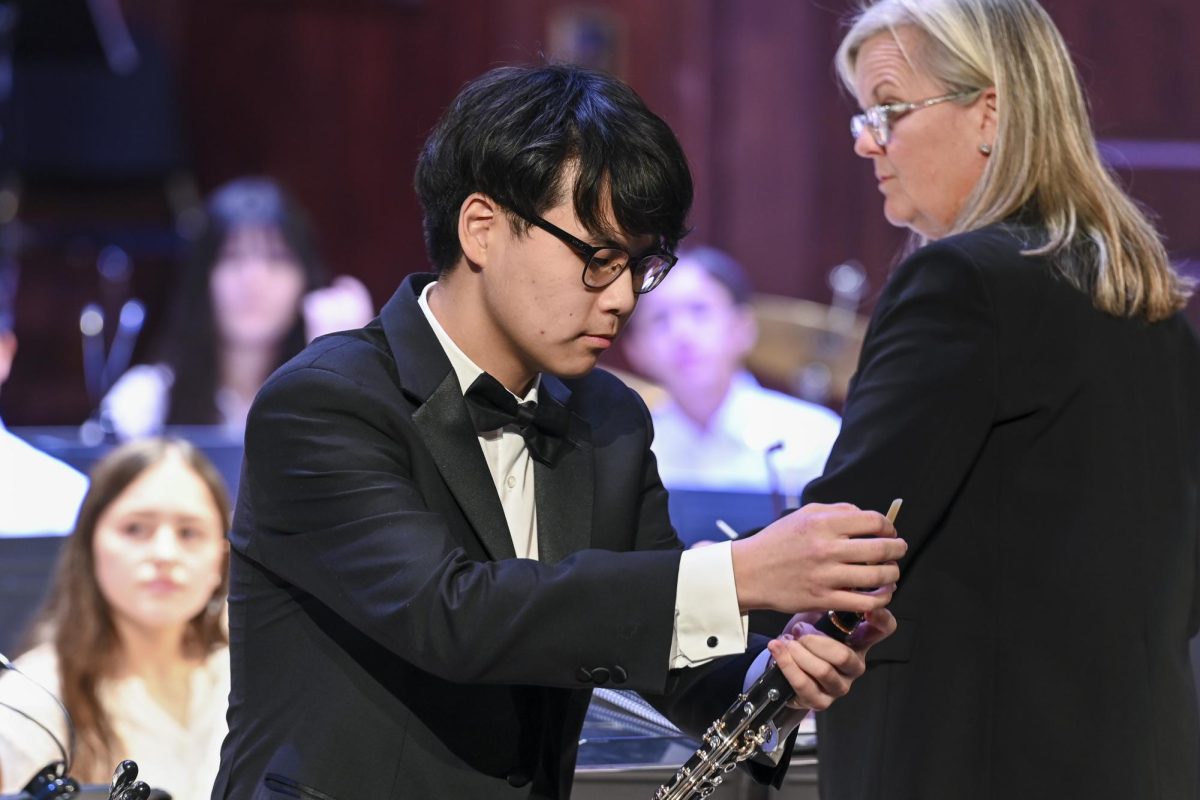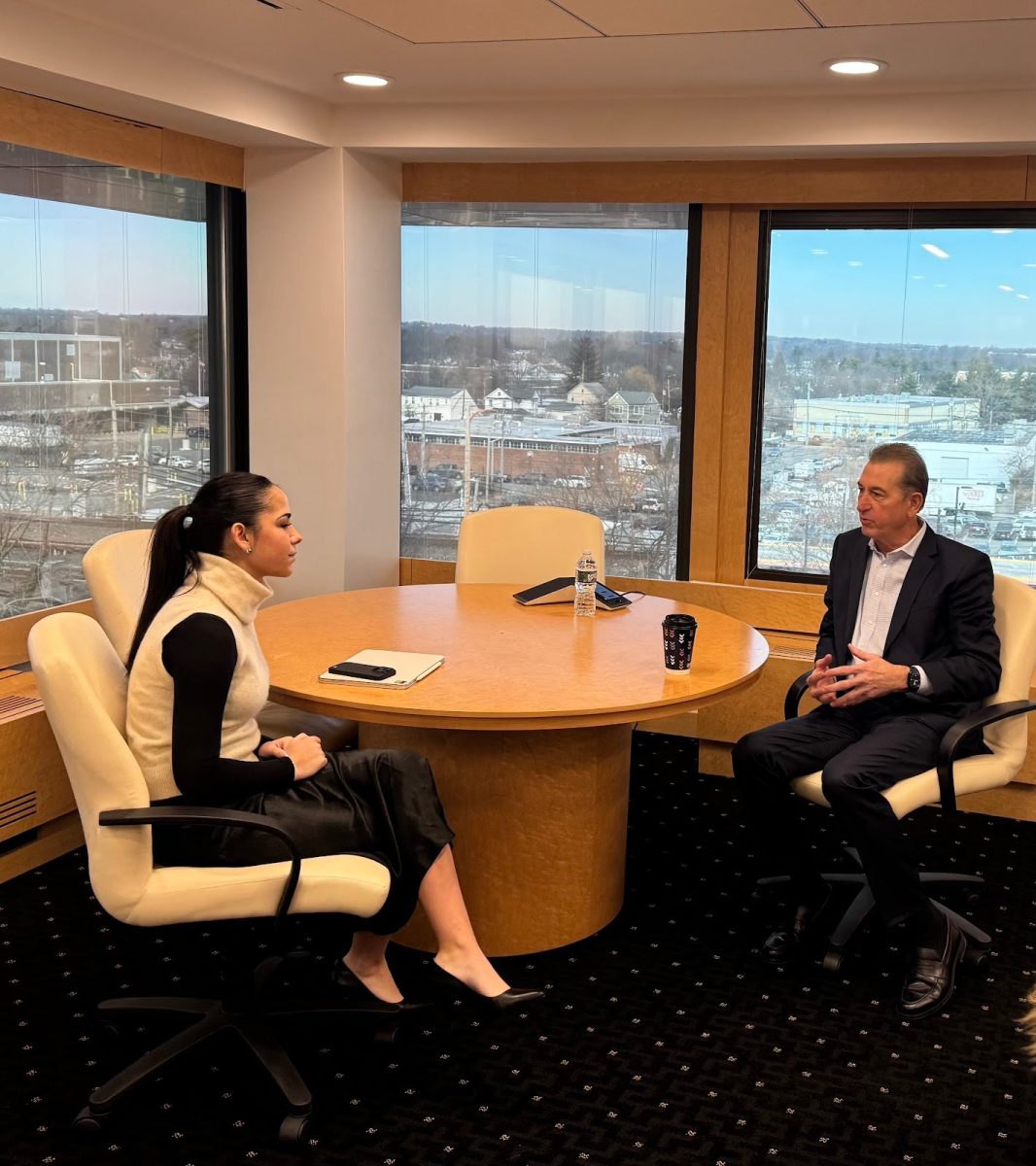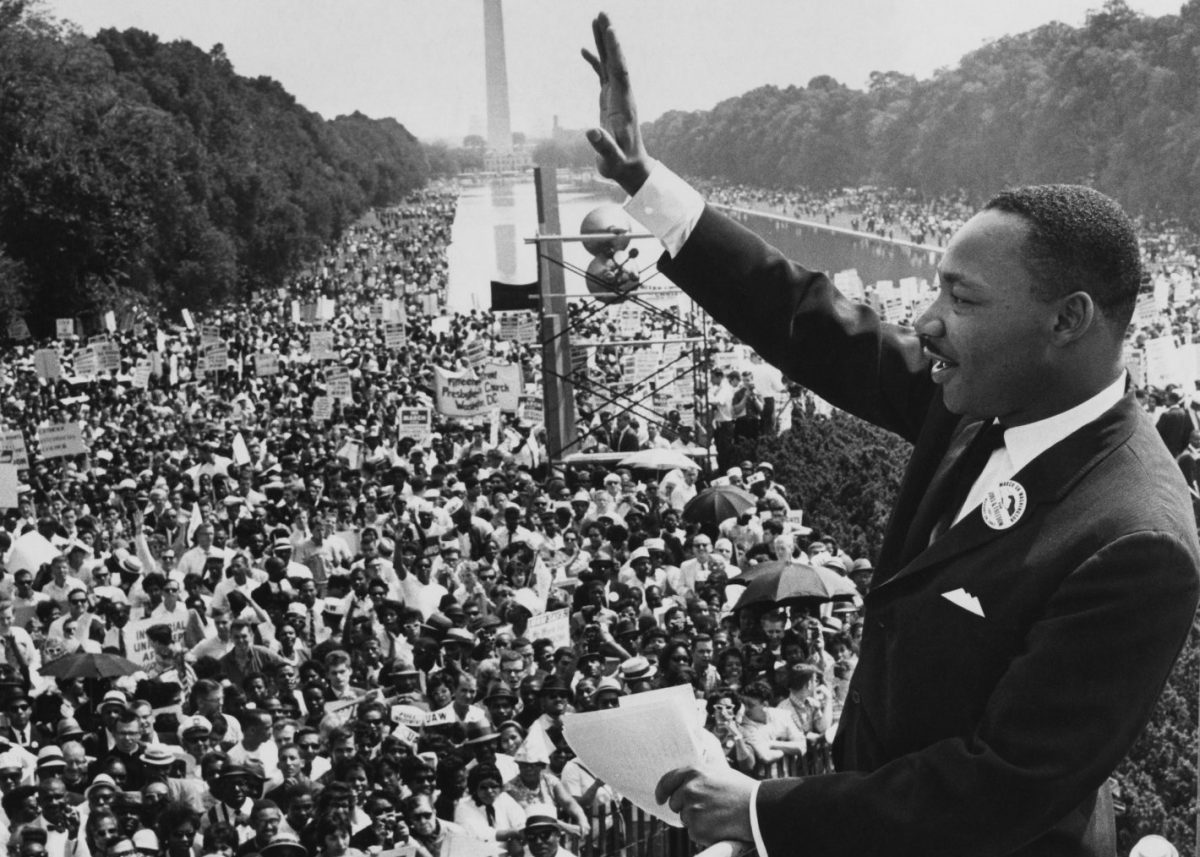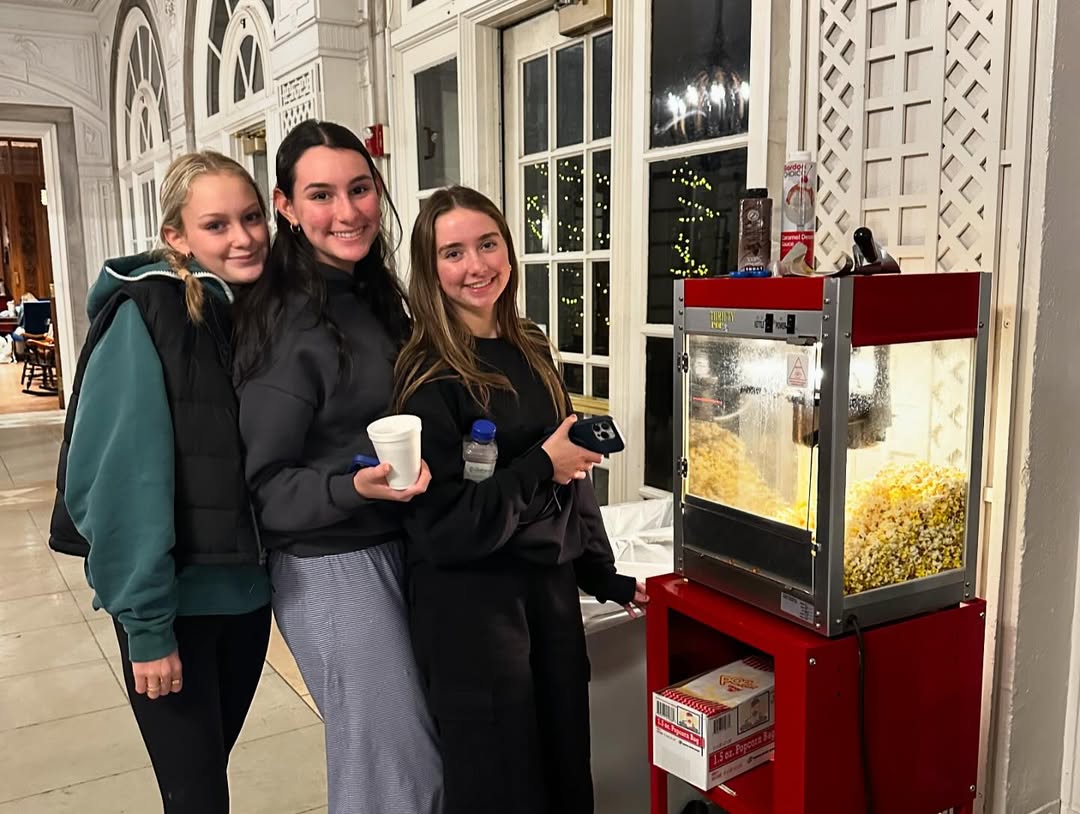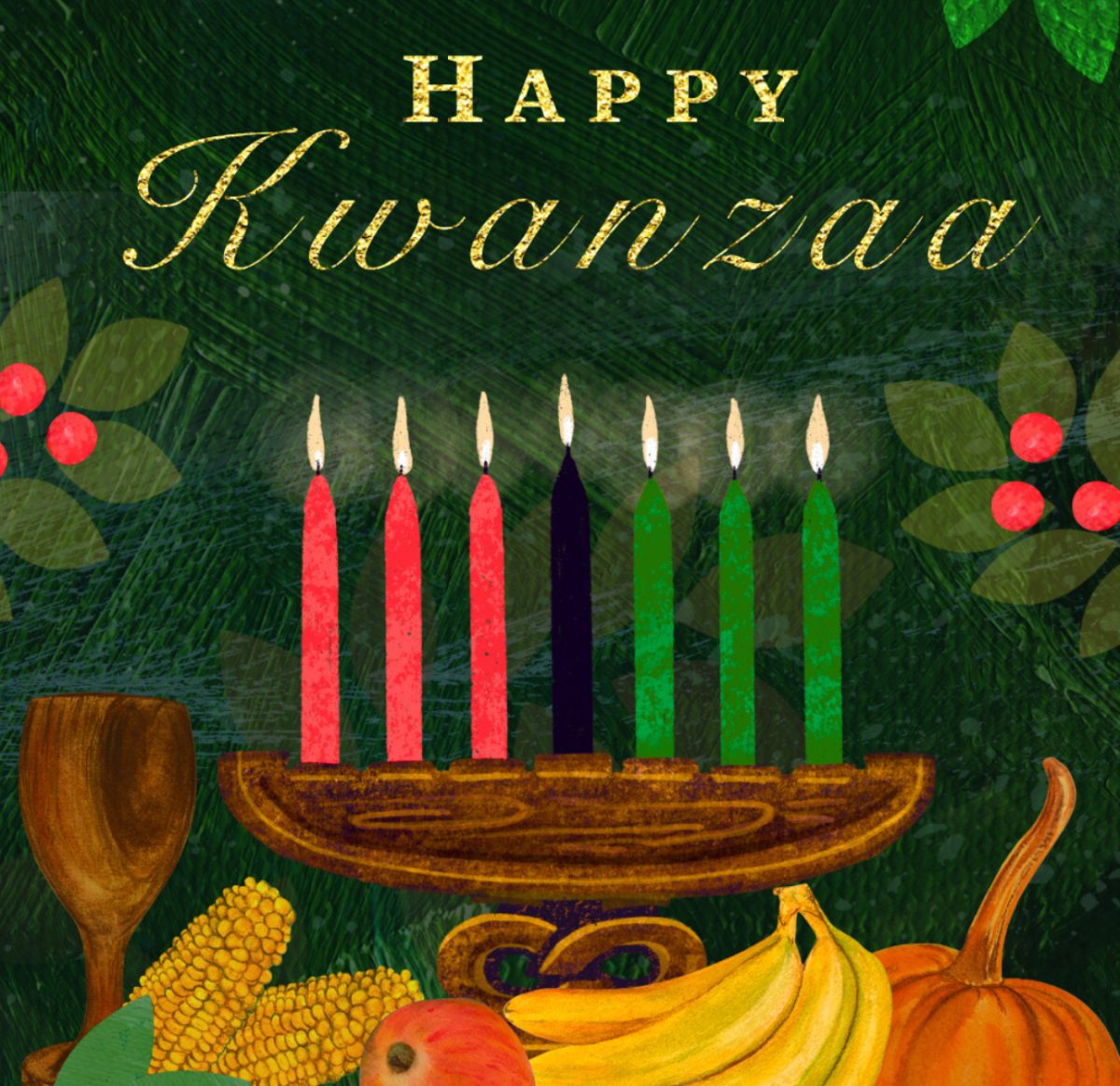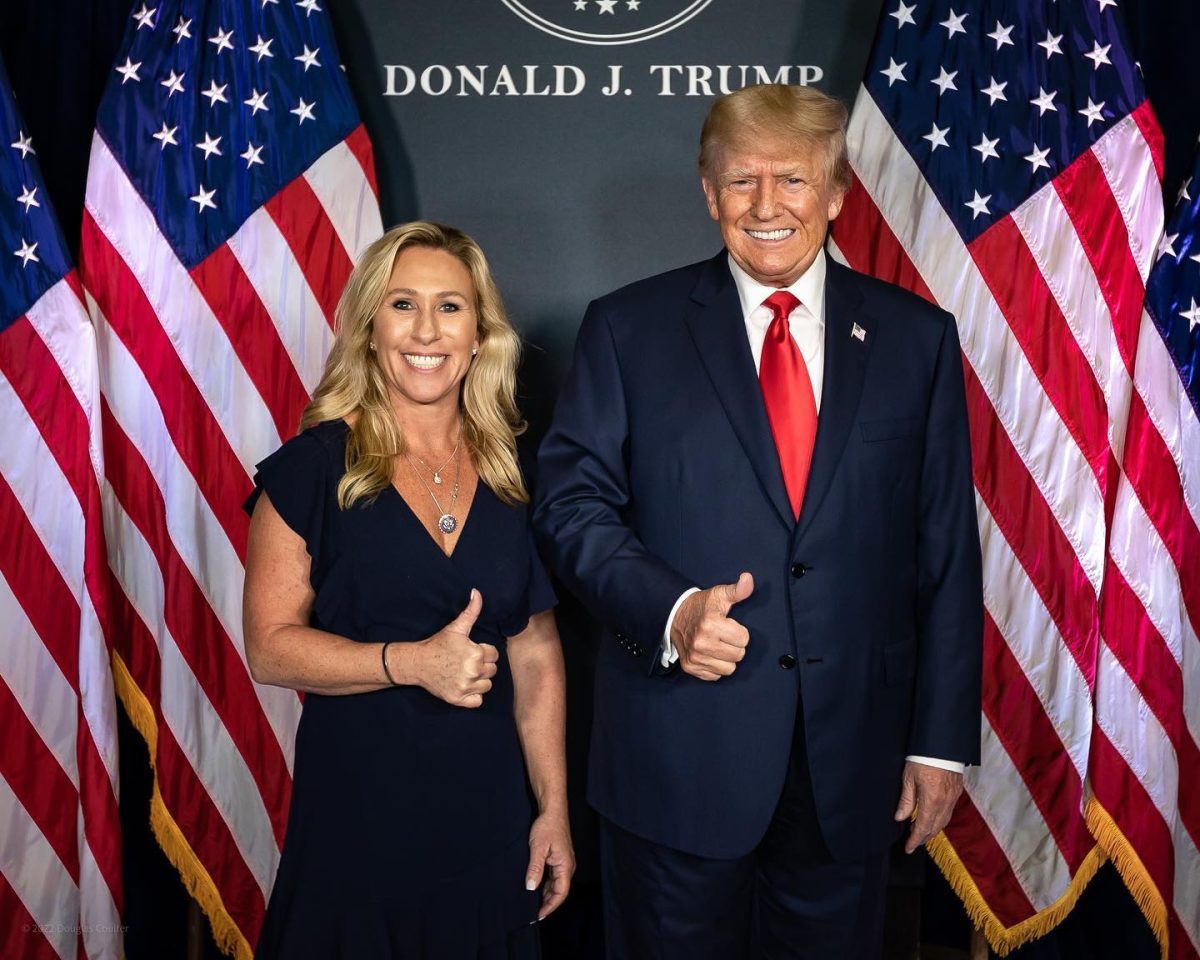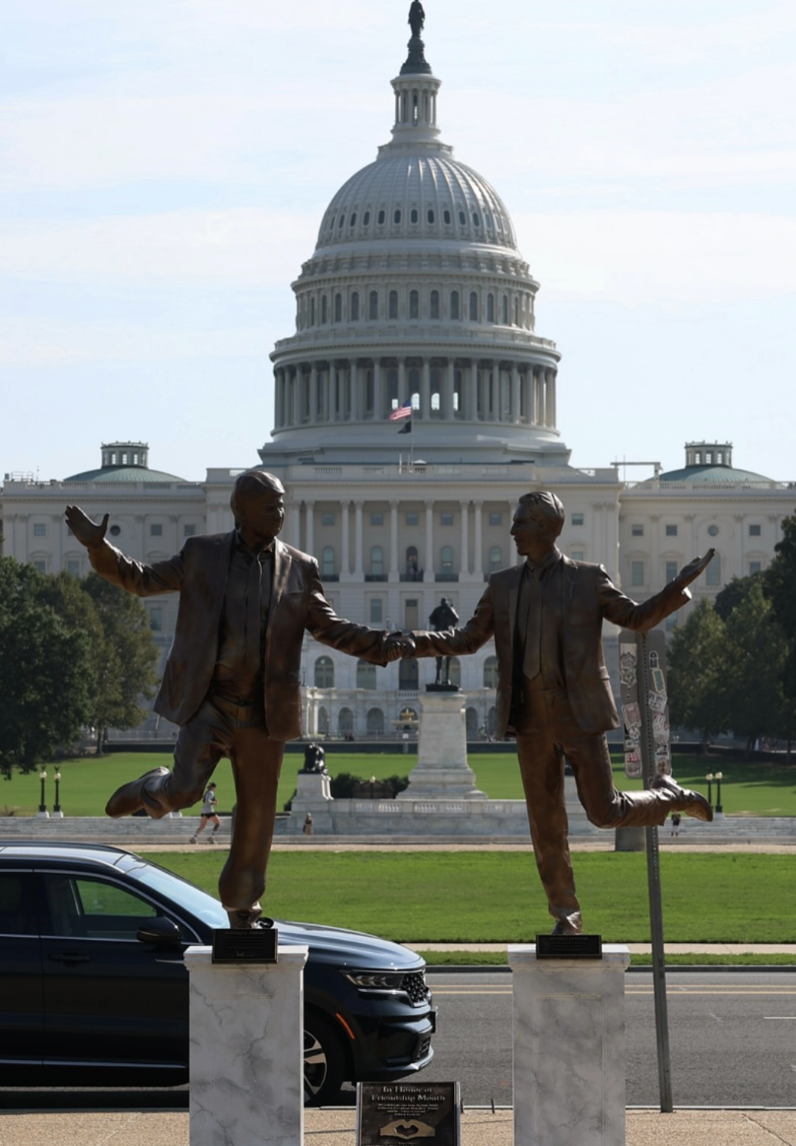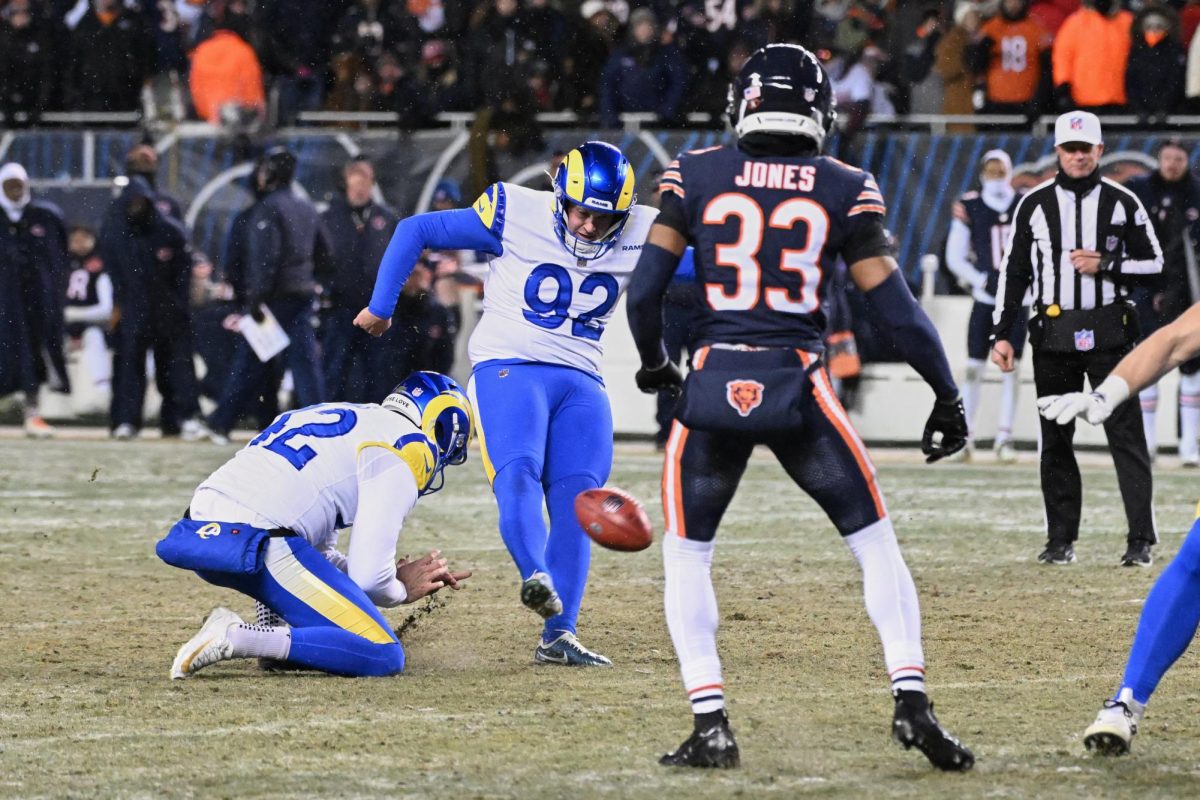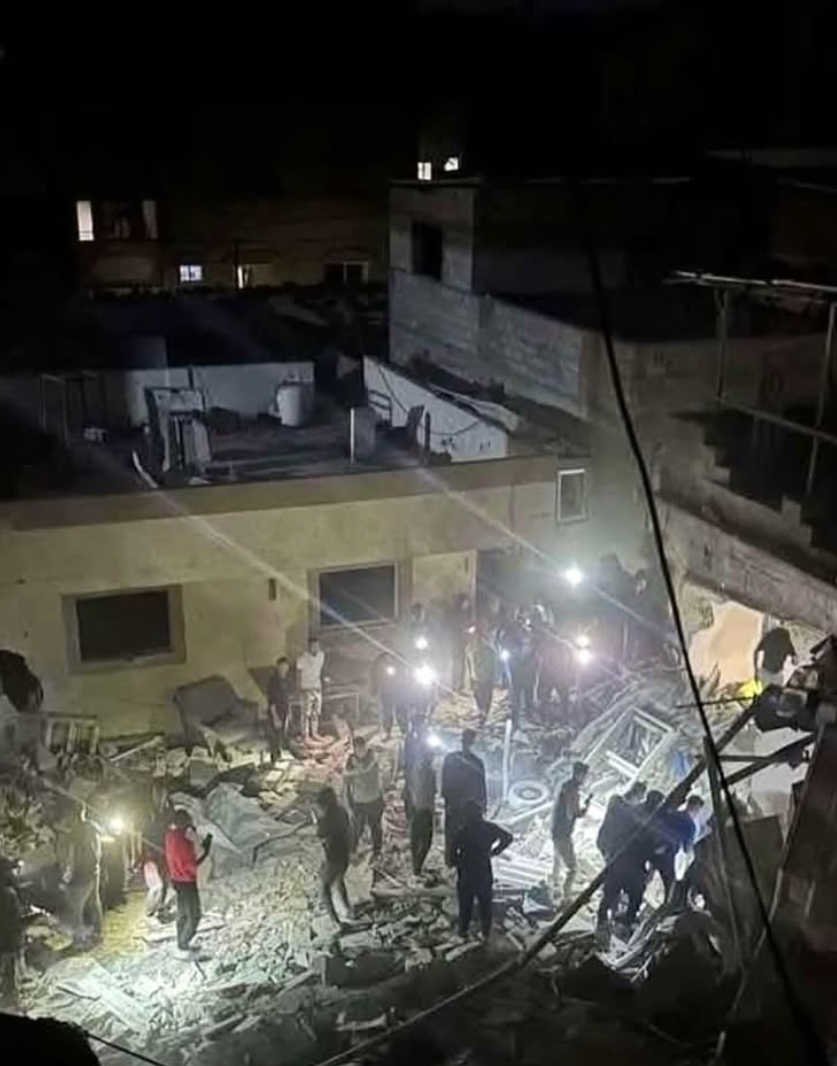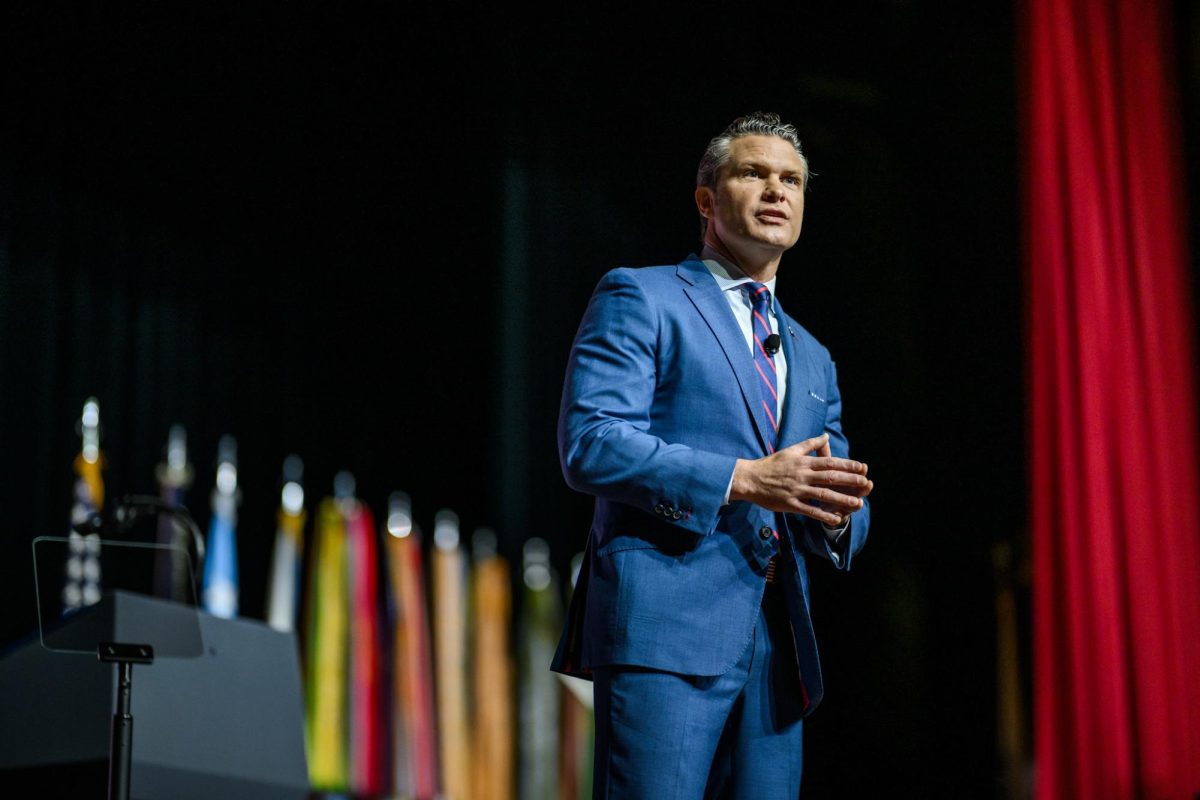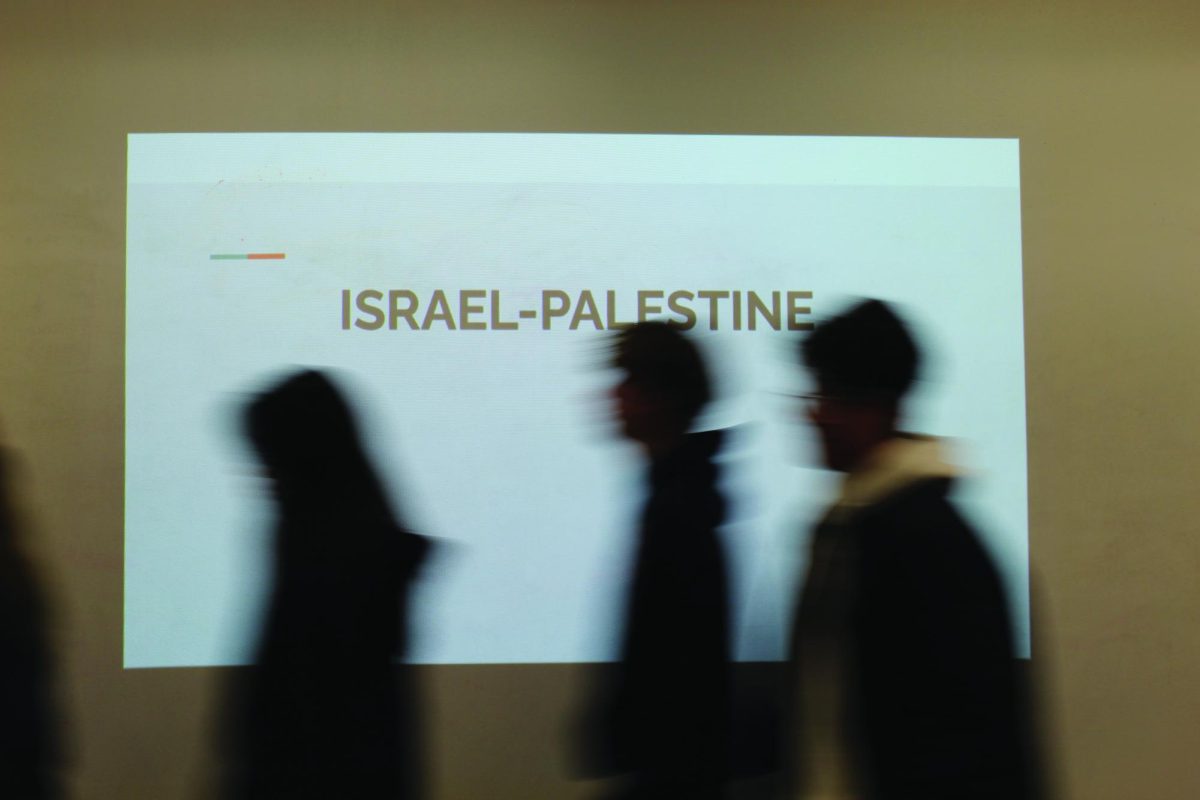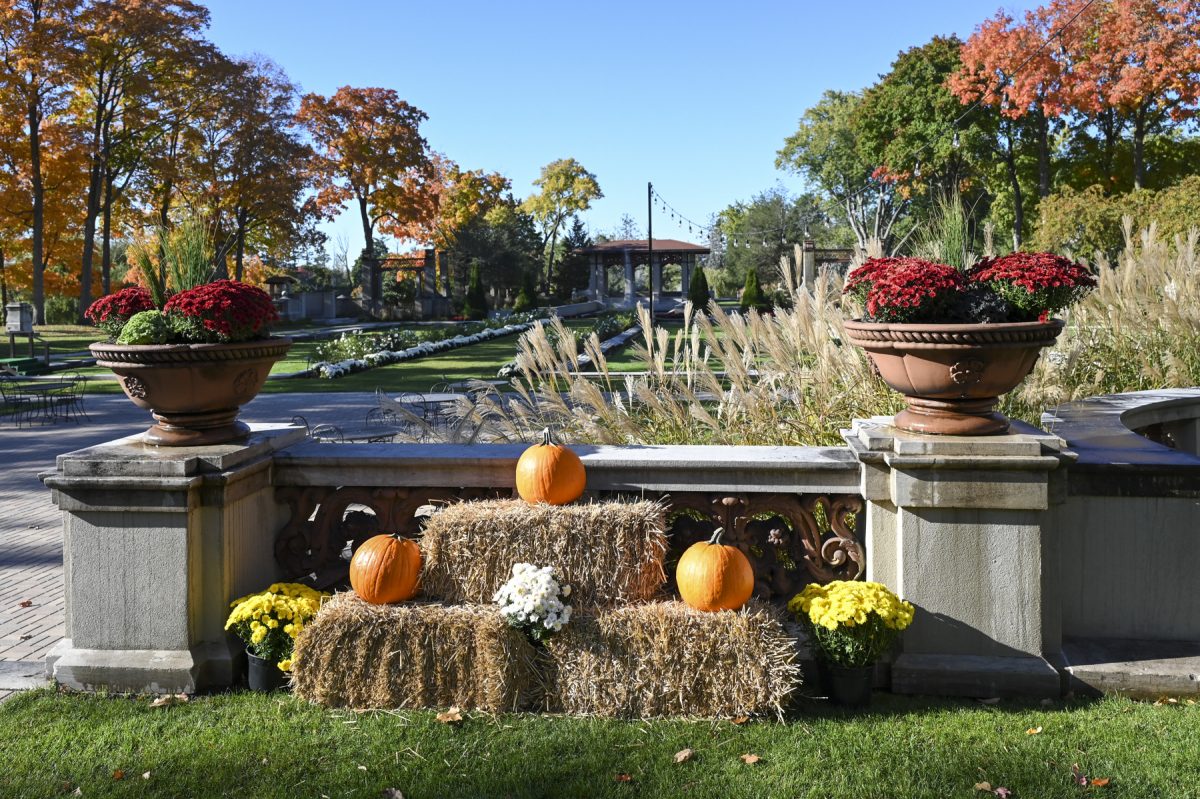Israel and Hamas are at war in the Middle East. As they continue to fight, millions of people, including those in LFA’s community, are affected. The war began in early October and has since then become a worldwide interest. With international conflicts, such as this one, it is hard to know the entire truth. The clouds of judgment and fake news on social media have made it much harder to fully understand this situation abroad.
At LFA, student involvement and interest in world events are a given. It is encouraged that LFA community members voice their opinions and discuss the war as it is personal to many, particularly to those who have emotional or familial ties with either group. In a community newsletter, Head of School Chris Tennyson recognized that “community members with ties to the region are bearing an especially heavy burden right now.” From the beginning, it has been important for LFA to address this topic in a respectful and careful manner. In his newsletter, Tennyson stressed the importance of empathizing with, listening to, and learning from each other.
In hopes of achieving this, on October 19th, LFA held a student forum where students could discuss conflicts between Israel and Hamas in a safe environment. The forum was led by the Multicultural Prefects Advika Rangan ‘24 and Steven Zhang ‘24, the Dean of Equity, Pluralism, Inclusion, and Community Dr. Lusanda Mayikana, and the Assistant Dean of Students and AP Government teacher Ackim Mpofu. When asked about the purpose of this discussion Zhang said, “LFA students have a lot to say about the issue, and I found that it would be nice to have a place to recollect any information to try to see the full picture.” It was important to Zhang that students could participate in a discussion without taking sides and putting out “biased or controversial statements that may harm or hurt community members.”
To fulfill the goals of the forum’s initiators, it was important to set ground rules. Due to the immense sensitivity evolving amongst LFA community members and beyond, the rules were established before students gathered to discuss. When asked in an interview about what these certain rules were, Zhang stated, “We tried to maintain community norms by making ‘I’ statements and initiating original thoughts rather than pulling out something the students have heard or read.”
With this, Mayikana elaborated that the focus of this forum was to not only allow students to voice their thoughts but also to educate one another. She particularly mentioned Mpofu and his practice of empathic neutrality, specifically his efforts of ensuring that students feel heard and understand each others’ perspectives.
While the Multicultural Prefects, Mayikana, and Mpofu played their roles as moderators, counselors Jennifer Madeley and Nirali Dalia stood to provide support on the more emotional side. When asked why only certain adults were invited, Zhang explained that with more adults, students could feel pressured or uncomfortable in an environment meant to be welcoming to various voices.
Students had the option to attend this forum, which took place after school. Many people showed up–some eager to discuss, and some there to simply listen. The environment felt safe, but various students expressed tension as people knew that this topic was a sensitive one for many. Before anything was vocalized, papers and pencils were passed around for students to write questions or comments that could be answered and discussed later. Mpofu began with informative slides as he stressed the importance of knowing historical context before discussing. He then described the background of Israelis and Palestinians while students occasionally chimed in and added points. After hearing the history, students were free to talk, using the handed-out papers as discussion starters. As students spoke about their personal perspectives and experiences with the war, everyone in the room was able to accept and empathize with each other.
A more difficult topic to discuss was social media as people in and outside of the room inevitably posted about the war and their opinions. Many posed questions about the spreading of fake news and the role social media plays during war times. As a result of high student engagement, although the first discussion was originally intended to be an hour long, it was extended for another half-an-hour, and an additional follow-up was held soon after. With the amount of beneficial effects the forums had on our community, it is safe to say that there are only going to be more.
As the war continues, the LFA community maintains its role as a safe haven for its members, not only by discussing the situation but also confronting any issues that expand negativity. Around the world, school campuses have been hubs of discussion and protests, but also hate. Alumni Nghi Doan ‘23 attends Brandeis University, where there have been many protests concerning the war. Doan said that there has been hate on campus, “aggressively catering to each side and spreading around the school on lamp posts and walls.”
When asked if there have been any hate speech reports at LFA, Mayikana stated that no one has come to her so far, but that does not mean the hate is not happening. She further explained that if students want to report a situation, they have several accessible resources, such as Safe to Speak Up, leaders of MOSAIC, Multicultural Prefects, and Mayikana herself. As it is a difficult situation to navigate, LFA has supplied public places and private resources that allow students to reflect on the war and its impact on them.
Through these various ways of coping, whether it was during a forum or in private, students were ensured to feel comfortable and informed about the conflict. By addressing the pain, loss, and confusion, people were able to better navigate their feelings, not only as individuals, but also as a community. As Mayikana emphasized the importance of having a space to process these emotions, she further elaborated by stating, “When you’re surrounded by people who are grappling with their feelings, you realize, ‘I’m not the only one… There are other people sharing my pain.’”


